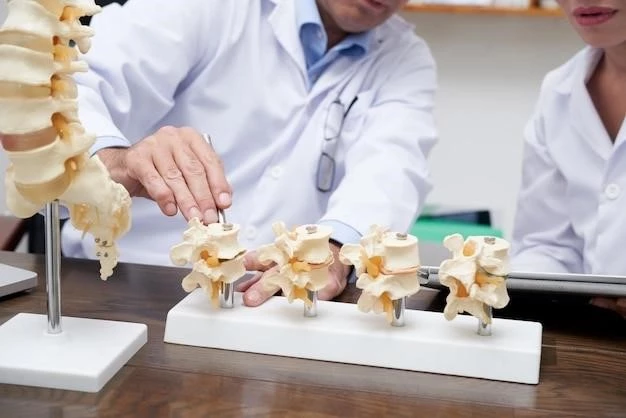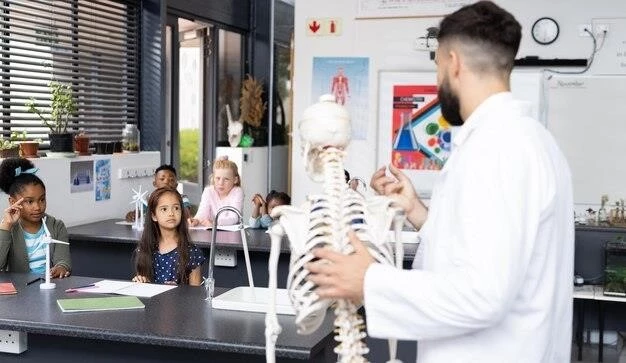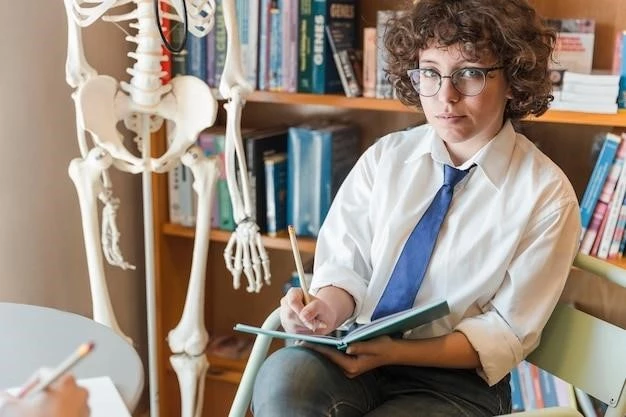Overview of Rodini–Richieri–Costa Syndrome
The Rodini–Richieri–Costa Syndrome, also known as Richieri Costa-Guion Almeida-Rodini syndrome, is a rare genetic disorder characterized by a combination of features such as ectodermal dysplasia, limb anomalies, and cleft lip/palate.
Definition and Background
The Rodini–Richieri–Costa Syndrome, also known as Richieri Costa-Guion Almeida-Rodini syndrome, is a rare genetic disorder characterized by a combination of features such as ectodermal dysplasia, limb anomalies, and cleft lip/palate.
Clinical Features of the Syndrome
The Rodini–Richieri–Costa Syndrome presents with a unique combination of ectodermal dysplasia, limb anomalies, and cleft lip/palate, showcasing a distinct clinical profile.
Genetic Aspects
The Rodini–Richieri–Costa Syndrome has been extensively studied, with reports of genetic aspects, clinical manifestations, and differential diagnoses in affected individuals, shedding light on the underlying genetic mechanisms and inheritance patterns of this rare condition.
Common Clinical Manifestations
Patients with Rodini–Richieri–Costa Syndrome commonly present with distinctive clinical features that include a unique combination of ectodermal dysplasia, limb anomalies, and cleft lip/palate, highlighting the multisystem nature of this rare genetic disorder;
Diagnosis and Differential Diagnosis
The diagnosis of Rodini–Richieri–Costa Syndrome involves evaluating a constellation of clinical features such as ectodermal dysplasia, limb anomalies, and cleft lip/palate, while considering differential diagnoses with similar syndromes.
Diagnostic Criteria
The diagnosis of Rodini–Richieri–Costa Syndrome typically involves a thorough assessment of clinical features like ectodermal dysplasia, limb anomalies, and cleft lip/palate, based on established diagnostic criteria and evaluation guidelines.
Syndromes for Differential Diagnosis
Various syndromes sharing similarities with Rodini–Richieri–Costa Syndrome, such as EEC syndrome, Richieri-Costa-Pereira syndrome, and other related conditions, warrant consideration in the differential diagnosis process due to overlapping clinical features and genetic aspects.

Management and Treatment Approaches
Details on the management and treatment approaches for Rodini–Richieri–Costa Syndrome are essential to ensure optimal care for individuals with this rare genetic disorder.
Therapeutic Interventions
Therapeutic interventions for Rodini–Richieri–Costa Syndrome aim to address the specific clinical manifestations such as ectodermal dysplasia, limb anomalies, and cleft lip/palate through a multidisciplinary approach involving specialists from various fields to optimize patient outcomes.
Multidisciplinary Care Team
A multidisciplinary approach involving specialists from various fields is crucial for the comprehensive care and management of individuals diagnosed with Rodini–Richieri–Costa Syndrome, ensuring integrated treatment strategies tailored to the unique needs of affected patients.

Prognosis and Complications
Understanding the prognosis and potential complications associated with Rodini–Richieri–Costa Syndrome is crucial for informing patient care and management strategies.
Potential Complications
Potential complications associated with Rodini–Richieri–Costa Syndrome may include challenges related to ectodermal dysplasia, limb anomalies, and cleft lip/palate, requiring comprehensive management strategies to address these issues effectively.
Long-term Prognosis
The long-term prognosis for individuals with Rodini–Richieri–Costa Syndrome involves considerations of the potential impact of the condition on various aspects of health and quality of life over time, highlighting the need for continuous monitoring and tailored interventions.
Research and Latest Findings
Recent studies have focused on the genetic aspects, clinical manifestations, and differential diagnoses of syndromes related to ectodermal dysplasia, limb anomalies, and cleft lip/palate, shedding light on potential advancements in understanding and managing Rodini–Richieri–Costa Syndrome.
Studies on Rodini–Richieri–Costa Syndrome
Recent studies have focused on understanding the genetic aspects, clinical manifestations, and differential diagnoses of syndromes sharing similarities with Rodini–Richieri–Costa Syndrome, providing valuable insights into the management and care of individuals affected by this rare genetic condition.
Genetic Research and Advances
Recent genetic research on Rodini–Richieri–Costa Syndrome has provided valuable insights into the underlying genetic mechanisms, inheritance patterns, and potential advances in understanding and addressing this rare genetic disorder, paving the way for enhanced diagnostic and therapeutic strategies.
Support Resources and Patient Advocacy
Accessing support groups and specialized care services can greatly benefit individuals diagnosed with Rodini–Richieri–Costa Syndrome, providing essential resources for both patients and their families to navigate the challenges associated with this rare genetic disorder.
Support Groups
Accessing support groups can provide individuals with Rodini–Richieri–Costa Syndrome and their families with valuable emotional support, educational resources, and a sense of community, aiding in navigating the challenges associated with this rare genetic disorder.
Access to Specialized Care and Services
Access to specialized care and services is essential for individuals with Rodini–Richieri–Costa Syndrome to receive tailored medical attention, genetic counseling, and support resources that can enhance their overall well-being and quality of life.
